Filmi Forever!
An ode to our eternal love affair with Hindi cinema!
Namaskar to all movie buffs out there! This blog is dedicated to seniors and about seniors. Let's not forget the power of fond and happy memories that brought joy and excitement to our lives and took us away from our mundane daily life of going to work, cooking, looking after children, arguing with parents and parents-in-law and feeling emotionally drained every other day.
Didn’t we all need release valves that let out steam and anger and gave us much-needed diversions? Of course. If we chose so.
That brings me to my favourite topic. Studies across the country have shown that we Indians are crazy about two things in life. Movies and cricket. Like all Indians, I claim to be an expert in both. Especially in cricket. But this is not about cricket.
As we look back to the days when we were young, born in the forties and fifties, we remember those cherished moments when our father took us to the cinema as a special treat. Those were the days of cinematic classics like "Ben Hur," "Ten Commandments," and "Bridge on the River Kwai." We grew up quickly, soon going to the movies with friends, sometimes even sneaking out of class and saving our pocket money for the latest releases.
These were the days of black and white films, the days when icons like Dilip Kumar, Raj Kapoor, and Dev Anand ruled the silver screen. Actresses like Madhubala, Nutan, Nargis, Waheeda Rehman and Meena Kumari stole our hearts with their grace and talent.
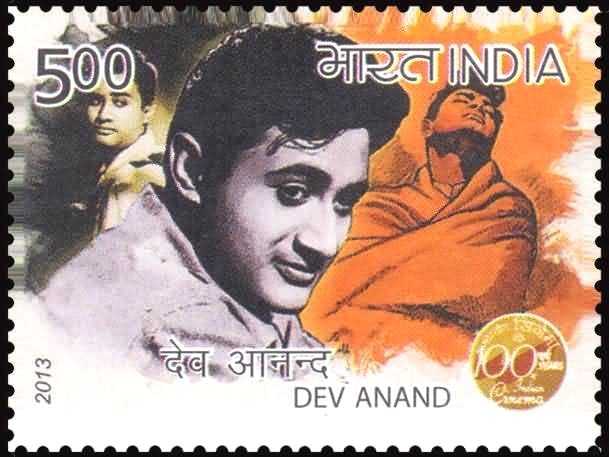
A quick peek at Dev Anand, the debonair chocolate hero who graced the silver screen with his charming smile and timeless elegance. His movies, like "Guide", "Jewel Thief," and “Hum Dono” left an indelible mark on Indian cinema, making him loved by fans of all generations.
And then there was Raj Kapoor, the ultimate showman, who created a unique bond between entertainment and social messages. His films, like "Shree 420", “Boot Polish”, “Chori Chori” and "Mera Naam Joker," are remembered even today for their thought-provoking reflections on society.
Raj Kapoor, the ultimate underdog in his films, was the hero of the common folks in Bombay and the superhero of the "aam aadmi" decades before the phrase became common lingo.
In the swinging sixties, we'd stay up all night just to catch a glimpse of the R K Studios Ganesha parade. Picture this -- Raj Kapoor on a truck, Ganesha grinning like they're sharing a joke. Vincent Road, as it was then called, decked out like a boss with tram tracks down the middle and wide sidewalks, had people from Matunga, Dadar, and Wadala singing their hearts out to Kapoor's legendary tunes. It was the place to be!
Cinematic treasures.
Let's also take a moment to remember two more legendary actors who dominated the 70s, Amitabh Bachchan and Rajesh Khanna. One became the heartthrob of millions with his magnetic half-eye twinkle, while the other, the angry young man who transformed into a multi-talented actor and transcended stardom to become a true icon.
I apologize for my limited knowledge of Bengali, Marathi, Telugu, Tamil, or Malayalam cinema due to my years spent outside South India, but I am sure there will be movie buffs like me who can take us through the journeys of other stalwarts of Indian cinema.
Today, however, I want to dive into the Bollywood era and talk about two of my all-time favourites. I won't make comparisons or deep analysis; after all, I'm just one of the millions who eagerly watched the "First Day First Show" at cinema theatres.
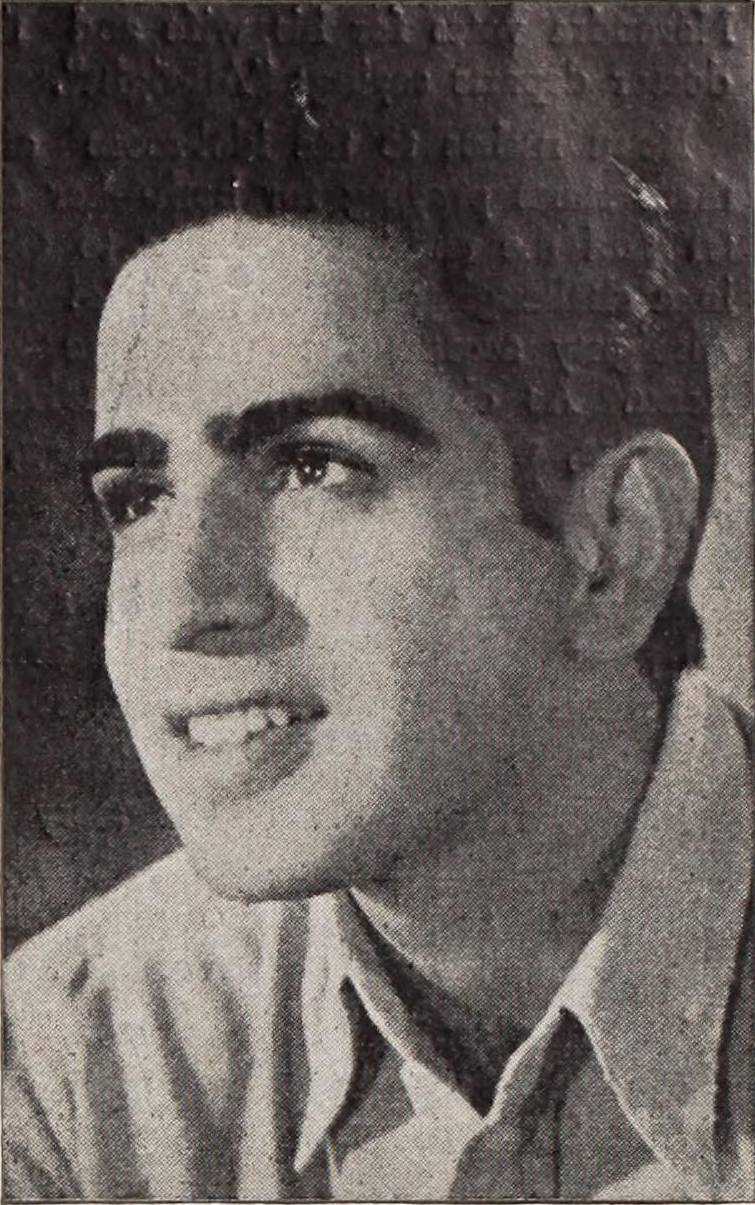
First, let's discuss the King of Tragedy, Dilip Saab. Born as Muhammed Yusuf Khan in Pakistan, he was named Dilip Kumar at the suggestion of Devika Rani Roerich, the First Lady of the Indian film industry. His acting style was unique, with silence often conveying more than words ever could. I still vividly recall his dramatic dialogue in "Devdas" that held audiences spellbound, where he tells Chandramukhi, "Kaun Kambakht bardaardhst karne ko peeta hai, main to peeta hoon ke bas saans le sakun." And who can forget the soulful Mukesh song, "Yeh mera deewanapan hai" from the movie "Yahudi"? His repertoire includes unforgettable films like "Madhumati," "Ganga Jamuna," "Mughal-E-Azam," "Naya Daur," and "Ram Aur Shyam," which set the stage for many identical twin-themed movies. And then there was "Shakti," where Dilip Saab shared the screen with Amitabh Bachchan, creating magic in every scene.
Now, to Amitabh Bachchan, the powerhouse of talent. Over five decades, he made us laugh, cry, swoon, get angry, and pray. The idea was to leave your worries at home and vicariously immerse yourself in a dream world specially created for you. His iconic dialogues, such as "Aaj mere paas gaadi hai, bangla hai, paisa hai," and "Tumhara naam kya hai Basanti?" became part of our everyday conversations. He had the ability to make us laugh with lines like "I can talk English, I can walk English, I can laugh English because English is such a funny language. The improvised conversation between Vijay Hazare and Vijay Merchant in Namak Halal is mind-boggling." And, of course, who can forget "My name is Anthony Gonzalves," the crazy song that will always be etched in our memories.
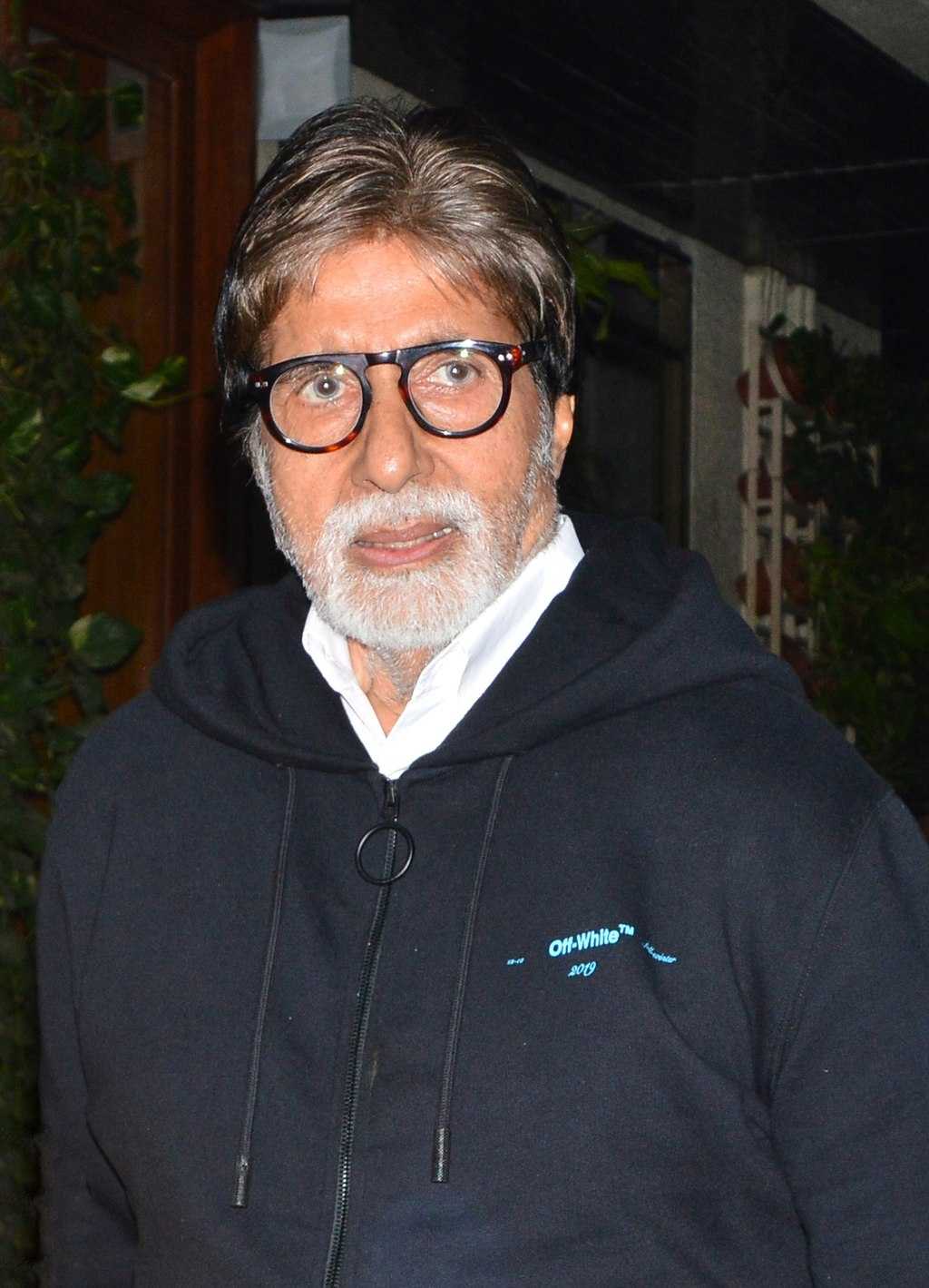
Each of these actors left an indelible mark on Indian cinema. We continue to debate who is greater—Dilip Saab or Amitabh Bachchan. While we all have our favourites, for me, born in my forties, Dilip Saab was the king of tragedy, Dev Anand the chocolate hero, and Raj Kapoor the ultimate showman.
Those were the days when the success of Bollywood depended heavily on music. We didn't just adore the movies; we felt deep in our hearts that their triumph owed so much to the enchanting melodies that accompanied them. From Noor Jehan and Shamsad Begum to the melodious Lata and the spirited Asha Mageshkar, and the soulful Geeta Dutt. From K L Saigal and Pankaj Mallick to Rafi, Manna Dey, and Kishore Kumar. It was like a spiritual trance.
We had a friend, an A H Wheeler Book stall owner at Wadala station (yes, the Harbour Line in Bombay), who was utterly "crazy" about Hindi film music. This was in an era devoid of Walkmans, mobiles, and Spotify. We'd gather religiously at his humble Ghatkopar flat after dinner, savouring the heavenly music from his precious collection of "only" 78 rpm records. All lights off. Occasionally, we'd spice up these musical sittings with education and a sprinkle of gossip, inviting a music director, a singer, or a film critic to join us.
Maza aaya.
A natural question would be to ask why women are not included in this drivel. Well, like almost everything in India, Bollywood is a male-dominated industry, and maybe we are worried that the amazingly beautiful and talented women would leave the men gaping. No worries, I am sure one of us will let the sunshine on these silver screen gems.
A must-tell at the end. My wife and my friend’s wife took this Bollywood addiction a little further by forcing us to stand in front of Amitabh Bachchan’s bungalow in Juhu to get a darshan of the “only” when he came out every morning to greet his fans.
The Indian love affair with cinema is eternal, and our discussions about these cinematic legends will never end. As we say in showbiz, "Picture Abhi Baki Hai".
Photographs courtesy: Wikimedia Commons
Featured Image: Raj Kapoor, Nargis and Dilip Kumar in a still from Andaz
Tell us about your own love affair with cinema. Share in the comments below.
Comments
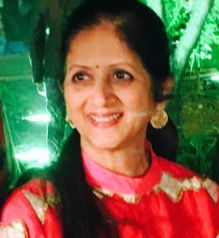
Vijaya
14 Nov, 2023
Well written about our Era film times It was like reading the Friday issue Screen newspaper . i am a mumbaikar from Sion/Matunga area… are you also ???
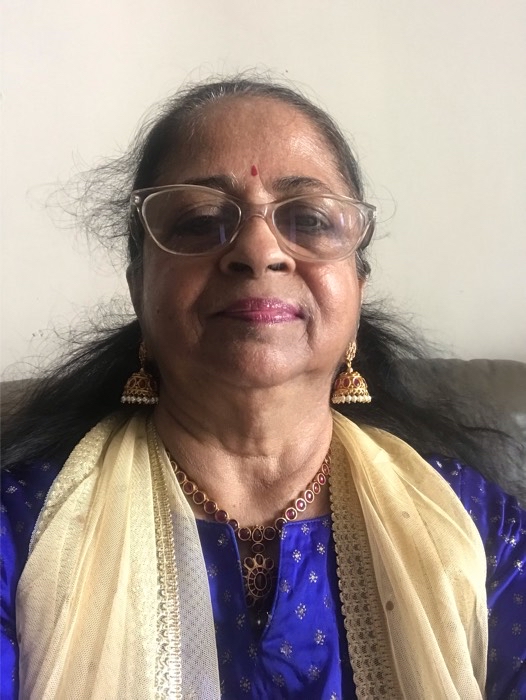
Veena
12 Nov, 2023
Mr. Krishnan, what a run down the memory lane. I could relate to each word n experience as a total Mumbaikar of 70 years. Thank you so much for this Article , I lapped up each line . 👌👌👌
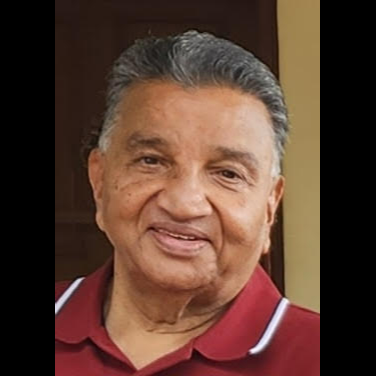


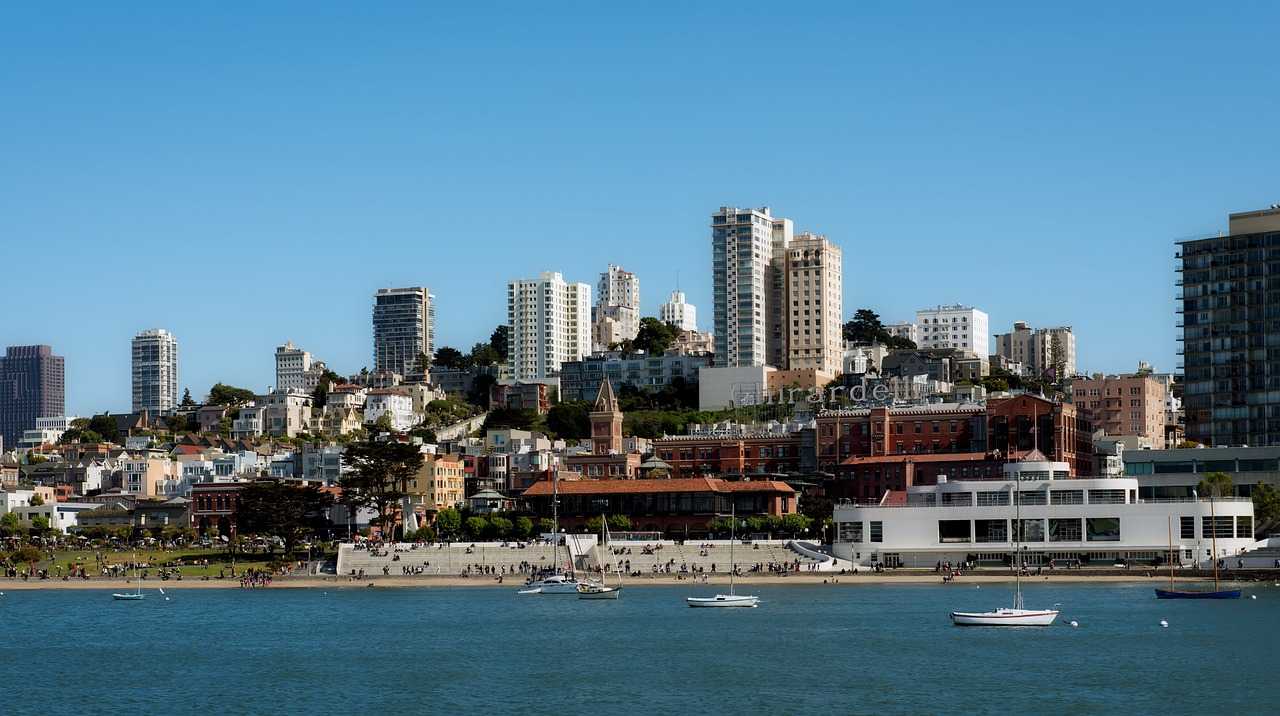
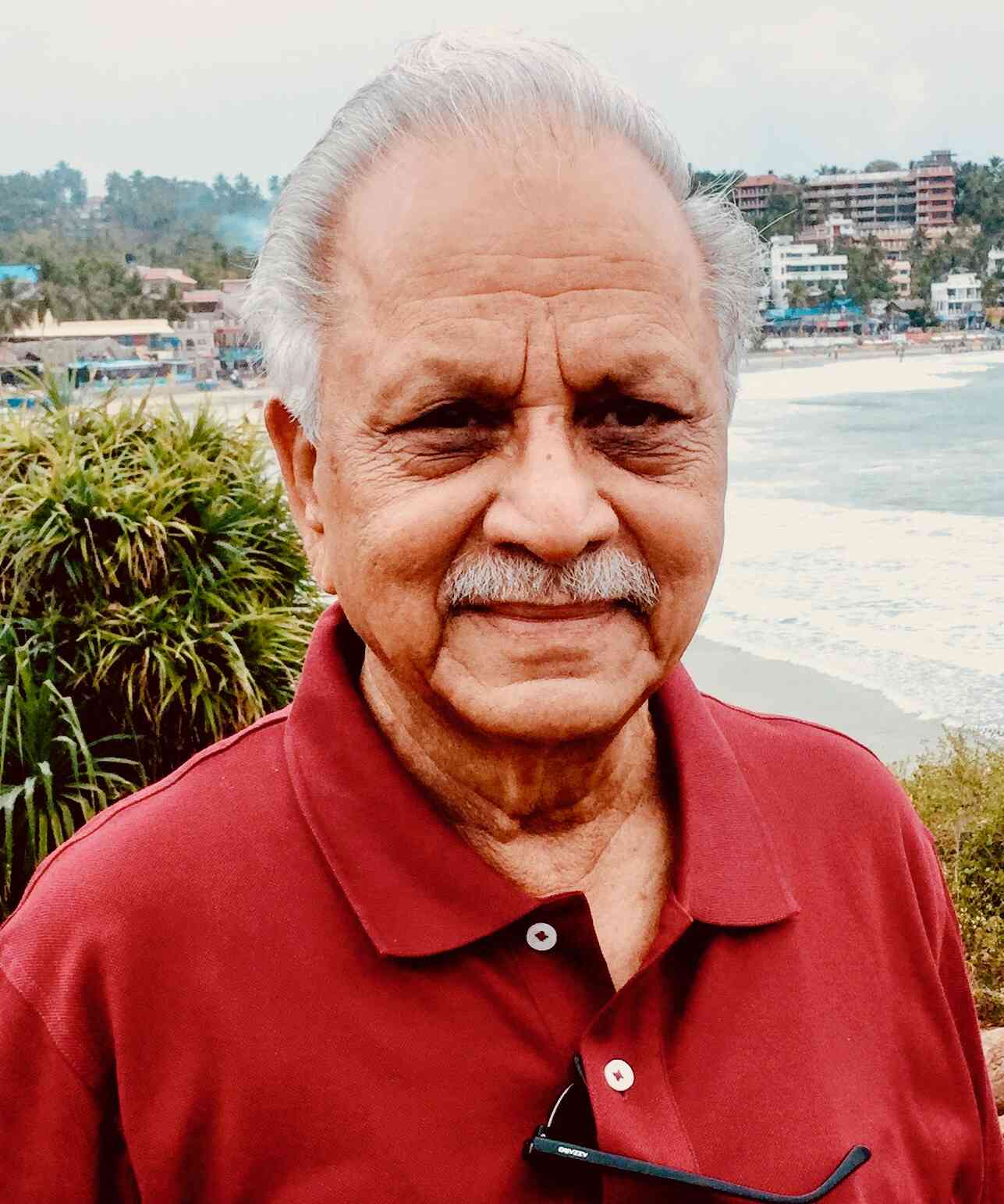

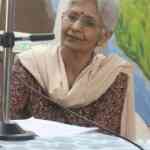
Post a comment